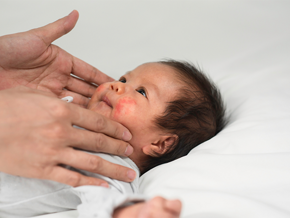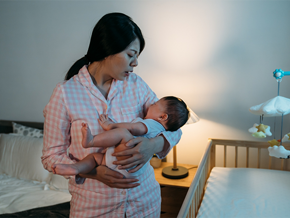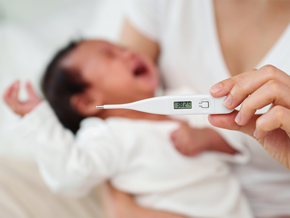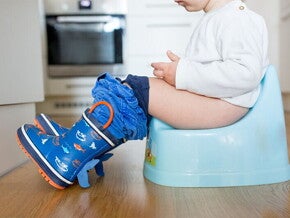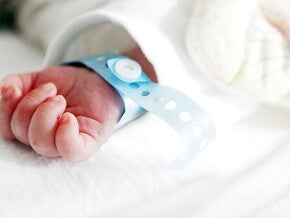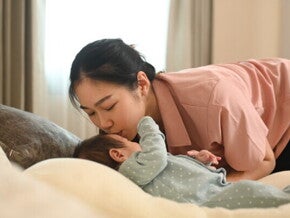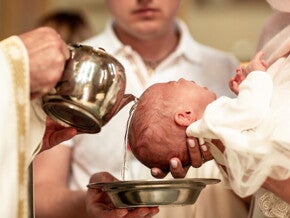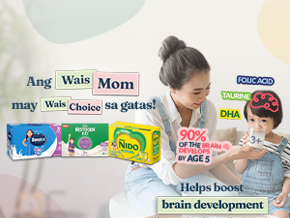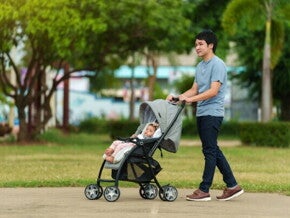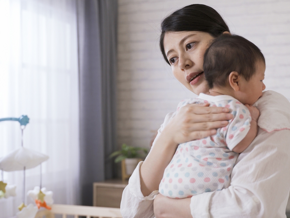
It's always stressful when your baby gets sick, even with something as common as a cold. You're watching every little change, trying to make sense of everything because they can't tell you what's wrong. So, it's only natural to feel anxious if you suspect dengue. But knowing dengue symptoms in babies can already help you stay one step ahead and act if needed.
Take a deep breath and read on about the dengue signs to watch out for and how to keep your little one safe
Dengue Symptoms in Babies
The Philippine Pediatric Society defines dengue as a viral infection transmitted by the bite of the Aedes aegypti or Aedes albopictus mosquito. These mosquitos breed in stagnant water and bite during the daytime.
The Pediatric Infectious Disease Society of the Philippines (PIDSP) says your child may exhibit signs of dengue about three to 14 days after a mosquito bite. Kids usually run a moderate to high fever lasting about two to seven days during this dengue stage.
In addition to fever, they might also show some symptoms, such as:
• Fussiness
• Nausea
• Vomiting
• Loss of appetite
• Severe headache
• Pain behind eyes
• Severe muscle and joint pain
• Skin rash
Babies can't tell you when they're in pain, so you'll need to keep an eye out for signs like unusual crankiness, bouts of crying for no apparent reason, or low energy. You can also confuse dengue fever with teething, the flu, or the common cold.
That's why the Philippine Pediatric Society (PPS) recommends checking in with a doctor as soon as the second day of a fever hits to confirm if it's dengue fever or another health issue.
7 Warnings Signs of Dengue Fever in Your Child
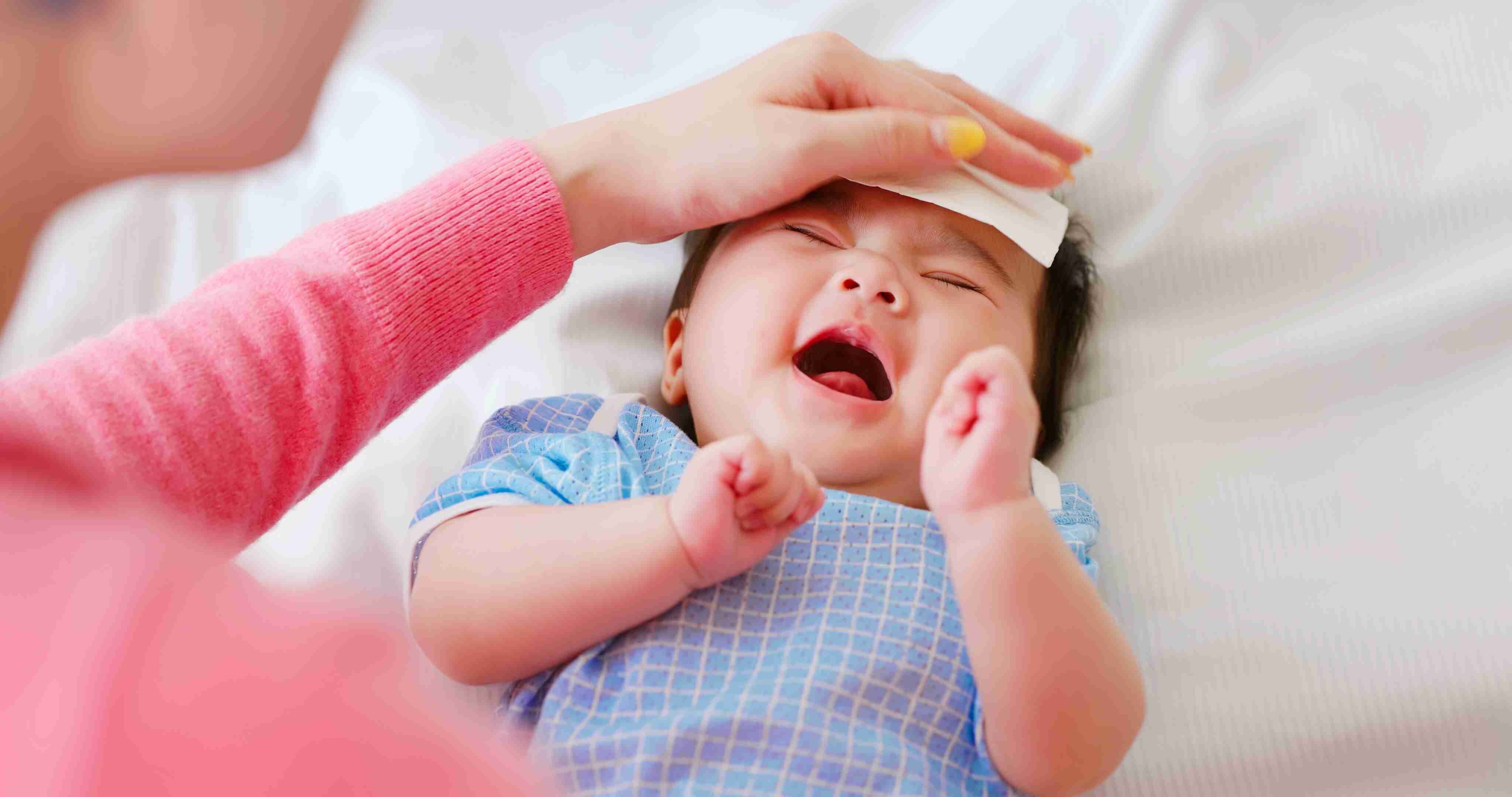
Dengue symptoms in babies often include fever, unusual fussiness, and rashes.
Dengue fever can become serious quickly, often approaching critical stages as new symptoms appear or worsen, usually within a few hours. Take your little one to the emergency room when you see these signs:
• Bleeding nose or gums
• Abdominal pain
• Persistent vomiting
• Refusing to eat
• Disorientation or changes in behavior
• Cold or clammy skin
• Fewer wet diapers or not peeing at all in six hours
According to the PPS, if your child's sleepy and their skin feels cold or sweaty, that could mean they're in shock. The Centers for Disease Control and Prevention also says to keep an eye for signs of dehydration like sunken eyes and discolored hands and feet. You might also see black stools or vomit that looks like coffee grounds, which can be a sign of bleeding. If you notice any of these signs, get medical help right away.
Children hospitalized due to dengue fever are on the path to recovery if they show the following signs:
• Increased urine output
• Better appetite
• Gradual fluid reabsorption
• Increased white blood cell and platelet counts
How to Manage Dengue Fever at Home
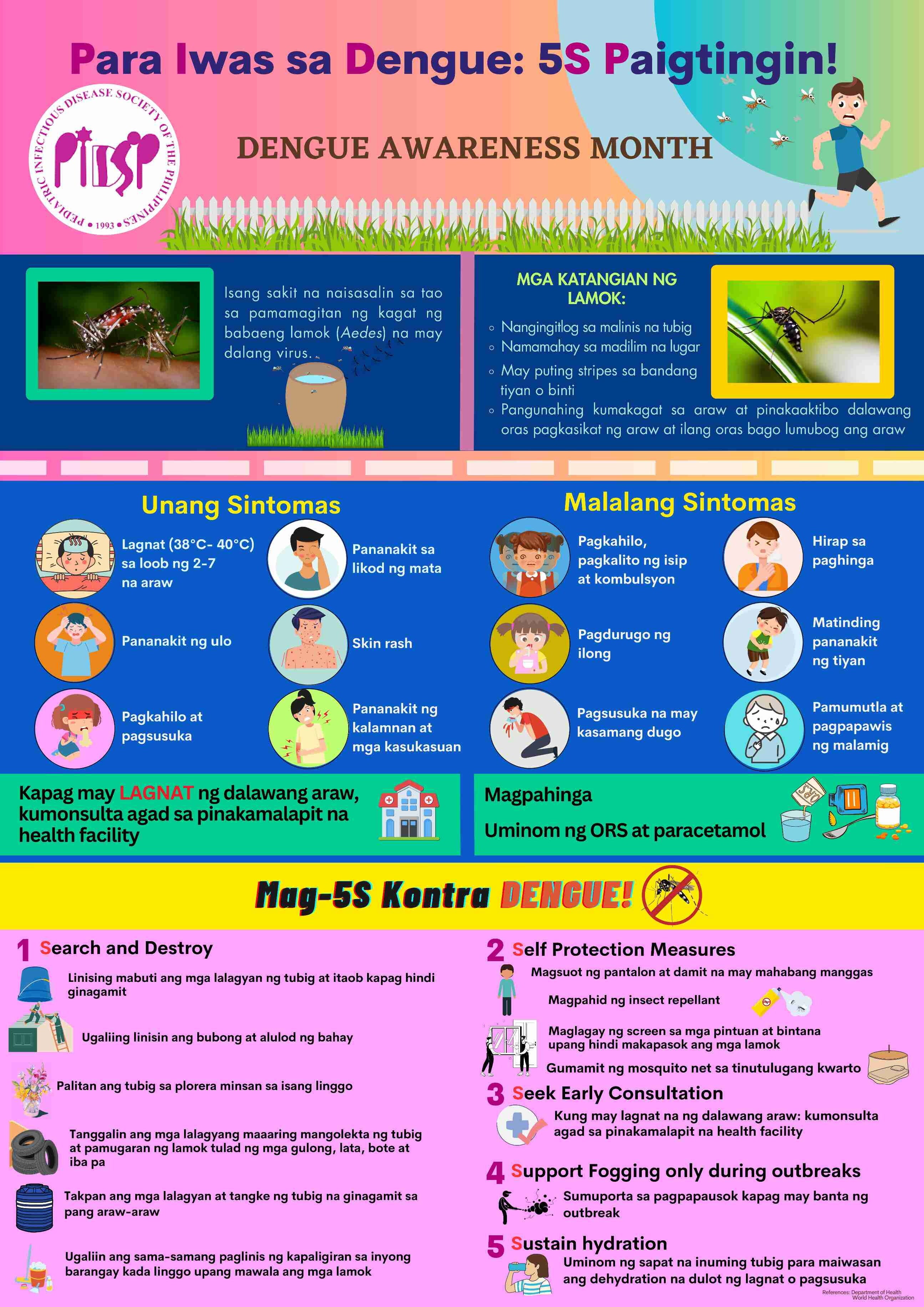
Read this handy guide to know on what you can do when someone in your family has dengue. (Credit: Pediatric Infectious Disease Society of the Philippines)
If your doctor has confirmed that your baby has dengue, PPS says taking care of them at home is possible as long as your doctor says it's okay to do so. Here are a few tips to help manage their symptoms.
Keep your child hydrated
Babies with dengue can lose fluids quickly, especially with vomiting or diarrhea. While hydration is key during recovery, follow your doctor’s advice on your child's primary source of fluids, especially for babies not yet on solid foods.
Help your baby feel calm and at ease
Your baby may be sleepier, crankier, or more clingy than usual. Dress them in loose and light clothing. One home remedy for fever in babies is to give them a sponge bath using tap water.
Ask your doctor about dengue medication
Not all fever-reducing medicines available over the counter are safe for dengue. Your pediatrician will likely prescribe baby-safe paracetamol to help manage your child's dengue fever. Follow the dosage as your doctor prescribes.
Daily follow-ups with your child's doctor are necessary even if your child is recovering at home. These check-ins will make it easier to spot red flags in case your child enters the critical dengue stage.
How to Prevent Dengue
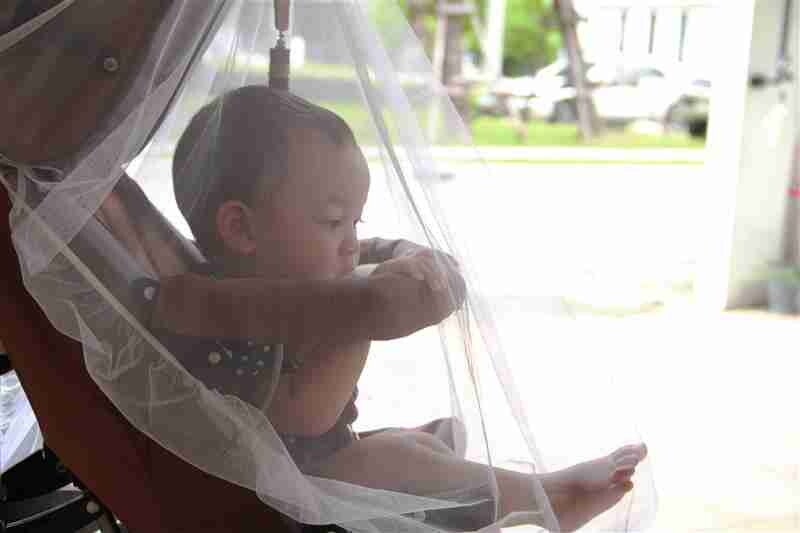
Find travel mosquito nets for strollers if you're heading outdoors, especially around dawn or dusk when mosquitoes are most active.
Dengue virus is concerning not only because there's no cure. Your kids can catch it again, and a second infection can lead to severe symptoms. Make it a habit in your household to apply these practical tips from the Department of Health (DOH).
1. Get rid of places where mosquitoes can breed.
Mosquitoes breed in stagnant water and require only a tiny amount to multiply quickly. Check your home for standing water in flower pots, pails, containers, cans, and old tires and empty them regularly. Clear gutters and drainage areas and cover water containers tightly to prevent insects from breeding in these places.
2. Protect your baby from mosquito bites.
• Dress your baby in long sleeves and light-colored clothing, as dark shades attract mosquitoes.
• Apply insect repellents or use mosquito-repellent patches on their clothes and strollers for extra protection.
• Limit outdoor activities during these hours since dengue mosquitoes are most active during the daytime.
• Use mosquito net with fine mesh around cribs and strollers.
3. Say yes to fogging.
Fumigation is helpful, especially if you live in an area with dengue cases. It helps get rid of adult mosquitoes that might be carrying the virus. Ask your local barangay officials for help if your area could use fogging.
4. Talk to your doctor about the first signs of the disease.
Dengue can start as a mild infection but quickly become more serious. It’s crucial to consult your child's pediatrician as early as the second day of fever to monitor the disease and avoid complications.
The thought of dengue can feel scary, but most babies bounce back when parents recognize the early signs and get the proper care. Watching for dengue symptoms in babies, like persistent fever, unusual fussiness, or reduced appetite, gives you an early start on treatment and peace of mind.
And remember, you know your baby best. If you notice anything that makes you uneasy, reach out to your doctor. Trusting that inner voice and acting at once can make all the difference!
Share your tips on how to prevent dengue at home on ParenTeam’s Facebook group!











